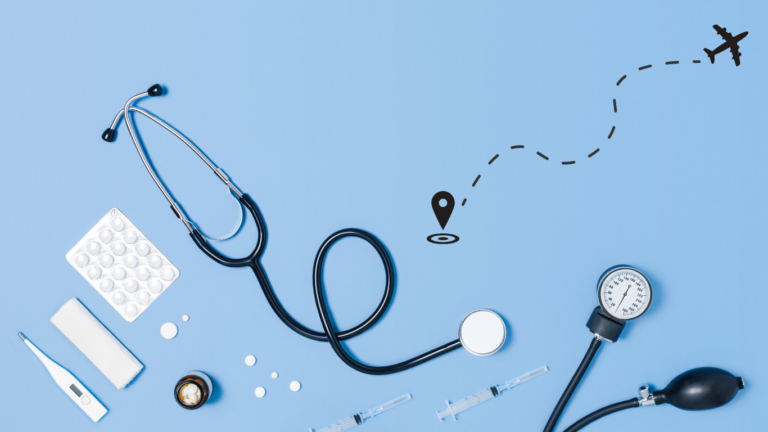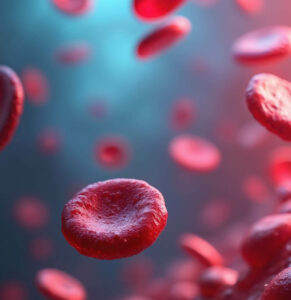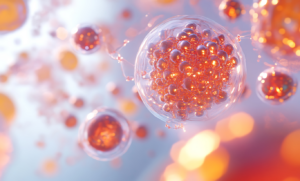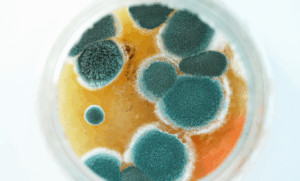What is stem cell tourism? As healthcare costs continue to climb worldwide, many patients are turning to medical tourism for innovative therapies like stem cell therapy and exosome therapy. These are highly sought after as potential remedies for chronic pain, injuries, degenerative diseases, traumatic brain injury, neurodegenerative illness , and other ailments. Yet, for many, finding safe, effective, and affordable stem cell therapy remains a challenge—until now.
ViveWell Health is excited to be at the forefront of this shift. Because of our secure partnerships with premier U.S. umbilical cord stem cell processing labs, we’re able to offer patients access to large doses of mesenchymal stem cells (MSC’s), hematopoietic stem cells (HSC’s) and exosomes at prices that are more affordable than international options. For patients exploring stem cell or exosome tourism, this is a unique opportunity to receive high-quality care within the United States.
Learn more about recent stem cell research here.
Expanded Access: Partnering with Top U.S. Research Facilities
By partnering with leading U.S. medical research labs specializing in umbilical HSC and MSC stem cell processing, ViveWell Health brings access to much larger doses of HSC’s and MSCs at significantly reduced prices. We maintain unmatched quality and safety right here in the U.S. (Yamada, Behfar, & Terzic, 2021), while eliminating many of the concerns typically associated with medical tourism abroad, such as varying regulations and standards (Al-Shammary & Hassan, 2023).
Our relationship with a FDA-approved HSC processing facility further ensures safety and efficacy, setting us apart in the field of affordable exosomes and stem cell therapy (U.S. Food and Drug Administration, 2022).
Affordable Exosome and Stem Cell Therapy: Now Within Reach
We offer 40 million MSC’s for just $5,000—a dramatic reduction from our previous rates of $4,000 for 5 million MSCs and $5,500 for 10 million MSCs.
We offer 30 million HSC’s for just $5,000— a previously unavailable therapy for autoimmune and inflammatory conditions.
This shift makes affordable stem cell therapy accessible to more patients than ever before, bringing down the costs without sacrificing quality or safety (Brown et al., 2021).
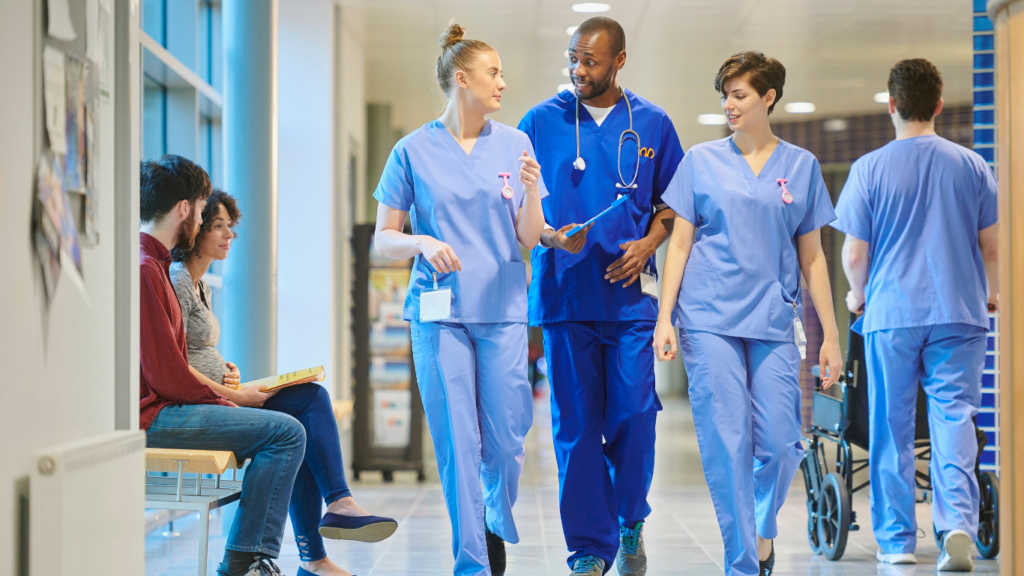
Exosomes vs Stem Cells: A Synergistic Approach to Regenerative Health
For patients considering which option to pursue, it’s important to understand the difference between exosomes and stem cells. HSC’s, or hematopoietic stem cells, can decrease inflammation and rejuvenate autoimmune conditions. MSCs, or mesenchymal stem cells, help regenerate and repair tissues, acting as the foundation for healing. Exosomes, in turn, are powerful signalers that direct this healing, ensuring the healing message reaches the damaged areas more effectively (Phinney & Pittenger, 2017). Together, they form a potent combination in regenerative medicine, offering a customizable approach to meet specific patient needs.
Choosing ViveWell Health for Affordable Stem Cell and Exosome Therapy
At ViveWell Health, our goal is simple: to bring the incredible potential of stem cell and exosome therapy to as many patients as possible. Through our partnerships and updated pricing structure, we’re excited to make this a reality for patients who previously considered medical tourism abroad.
Located in beautiful Colorado, our clinics offer affordability and the highest standards of care. For patients considering exosome or stem cell tourism, we provide a safe, cost-effective alternative that eliminates the need to travel abroad, helping you prioritize both health and peace of mind.
If you’re exploring options for chronic ailments, pain management, or overall wellness, contact ViveWell Health to learn more about how our affordable stem cell and exosome therapies support your health journey.
References
Al-Shammary, A. A., & Hassan, S. U. N. (2023, March 31). Medical professionals’ knowledge, sensitivity, and attitudes towards social and ethical aspects of stem-cell donation, therapy, and research: Implications for healthcare risk management. U.S. National Library of Medicine. https://pmc.ncbi.nlm.nih.gov/articles/PMC10072147/
Brown, C., McKee, C., Bakshi, S., Walker, K., Hakman, E., Halassy, S., Svinarich, D., Dodds, R., Govind, C. K., & Chaudhry, G. R. (2021, July 25). Mesenchymal stem cells: Cell therapy and regeneration potential. U.S. National Library of Medicine. https://pubmed.ncbi.nlm.nih.gov/31216380/
Phinney, D. G., & Pittenger, M. F. (2017, April 17). Concise review: MSC-derived exosomes for cell-free therapy. U.S. National Library of Medicine. https://pubmed.ncbi.nlm.nih.gov/28294454/
Regulation of HCT/PS – Small Entity Compliance Guide. U.S. Food and Drug Administration. (2022, November 1). https://www.fda.gov/regulatory-information/search-fda-guidance-documents/regulation-human-cells-tissues-and-cellular-and-tissue-based-products-hctps-small-entity-compliance
Yamada, S., Behfar, A., & Terzic, A. (2021, February 24). Regenerative Medicine Clinical Readiness. U.S. National Library of Medicine. https://pmc.ncbi.nlm.nih.gov/articles/PMC8050983/
You, J., Fu, Z., & Zou, L. (2021, October 26). Mechanism and potential of extracellular vesicles derived from mesenchymal stem cells for the treatment of infectious diseases. U.S. National Library of Medicine. https://pmc.ncbi.nlm.nih.gov/articles/PMC8576143/

